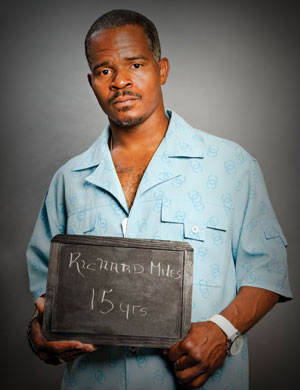
Our criminal justice system is less than perfect, a non-controversial fact which is one of the reasons we oppose the use of an absolute and irreversible punishment like execution.
The new National Registry of Exonerations, produced by the University of Michigan and Northwestern University law schools, provides a glimpse of just how imperfect. It lists almost 900 known exonerations since 1989. Around 100 of those listed had been sent to death row; the remainder had been sent to prison for everything from homicide to white collar crimes.
The Registry’s accompanying report (p. 84, Table 18), documents another 1,170 exonerations from a group of major law enforcement scandals, mostly involving drug crimes.
This snapshot of known exonerations is revealing. According to the report summary, the chief causes of the wrongful convictions were faulty or perjured witness testimony and official misconduct, though almost a quarter involved bad forensic science, and 16% of those exonerated had initially falsely confessed.
But the exonerated represent only a portion of the wrongfully convicted. Plenty of other innocent prisoners are falling through the cracks. Most counties and states in the U.S. do not dedicate themselves to uncovering convictions of the innocent. As the report summary states plainly: “It is clear that there are many more false convictions than exonerations.”
It is clear that there are many more false convictions than exonerations.
Oversight at the same consistently high level nationally, rather than in just a handful of states and counties, would give us a truer picture of the scope of the wrongful conviction problem in our country, and would protect more innocent people from continued imprisonment or even execution.
But the picture painted by the National Registry of Exonerations is disturbing even without more complete information. It is also not terribly surprising. We make mistakes. And we will continue to do so.
